The Group Chief Executive Officer of Nigeria’s National Oil Company (NNPC) Limited has recently addressed the ongoing debate regarding fuel subsidies in Nigeria.
He clarified several key points that are crucial to understanding the situation. Let’s break it down in simpler terms.
NNPC’s Perspective on Fuel Subsidies
At the heart of the matter, NNPC wants us to know that they are not incurring subsidy costs. Market forces and global oil prices determine the fuel prices in Nigeria, which means the government or taxpayers aren’t bearing the financial burden of subsidies. NNPC assures the public that there’s an ample supply of petroleum products and that delivery remains uninterrupted.
The Complexity of Fuel Subsidy Math
To appreciate the complexity of this issue, we must understand that the price of petrol (PMS) in Nigeria relies heavily on the cost of crude oil. As crude oil prices surge, PMS prices follow suit. When crude oil was around $80 per barrel at the subsidy removal’s outset, it’s now nearly $100 per barrel. This naturally implies an increase in PMS prices.
The Impact of Exchange Rates on Fuel Prices
Another significant factor is that all petrol consumed in Nigeria is imported, and this involves exchange rate dynamics. NNPC is currently the primary importer because other importers struggle to access foreign exchange. As a result, it all boils down to a mathematical equation that raises concerns about whether subsidies are truly gone.
Crunching the Numbers on PMS Prices
To make sense of the situation, let’s consider the cost of PMS. Using the market price of the dollar, which is approximately a thousand naira to a dollar, the landed cost of PMS is around ₦720–₦730 per liter, well above the ₦600 pump price. But if we use the CBN’s interbank exchange rate of ₦775, this could potentially moderate the price. Comparing it to diesel prices, we see that PMS should be slightly higher.
The Dilemma of Fuel Subsidy
NNPC maintains that there’s no subsidy, and they recover all their costs. However, the numbers and various stakeholders’ perspectives add layers of complexity. The fuel subsidy issue seems far from settled.
The Bright Side of Reduced Crude Lifting and Black Market Activities
One positive aspect is the significant reduction in the quantity of crude oil being lifted at loading stations. This decrease in demand implies that less petrol is being diverted for black market activities at Nigeria’s borders, particularly with the Benin Republic. These changes are a result of the subsidy removal.
The Quest for Energy Independence
Looking ahead, achieving energy independence is essential. This involves expanding local production, including smaller refineries and the massive Dangote refinery. The goal is to ensure a steady supply of PMS domestically and, ideally, for export by 2024.
The Challenge of Local Refining
However, it’s vital to realize that even with increased local production, PMS won’t magically be available at ₦200 per liter. The costs at the gates of refineries are similar worldwide. The difference lies in availability. The real impact of subsidy removal will become clear with time.
Implications of the Central Bank’s e-Naira Policy on Financial Stability
Shifting our focus, the Central Bank’s e-Naira policy has raised concerns about its impact on Nigeria’s financial stability. Let’s take a closer look.
e-Naira and Financial Stability
The e-Naira program, while a significant step, is still in its early stages. The Central Bank is cautious, as the abrupt transition could disrupt financial stability. Evidently, about ₦1.6 billion has already shifted from banks to the e-Naira wallet. The program is gradually being rolled out, and Central Bank digital currency remains a global work in progress.
Monitoring the Progress of e-Naira
The Central Bank is taking measured steps to monitor the progress of e-Naira, going through stages that involve wholesalers, retailers, and the Central Bank’s role in holding the digital currency. It’s a learning process, and the impact and consequences of e-Naira are still being unraveled.
In conclusion, the fuel subsidy issue remains complex, and the true implications of e-Naira are yet to be fully understood. The coming months will provide valuable insights into these matters.


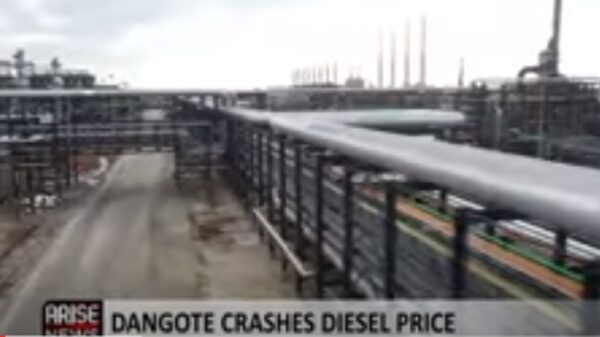











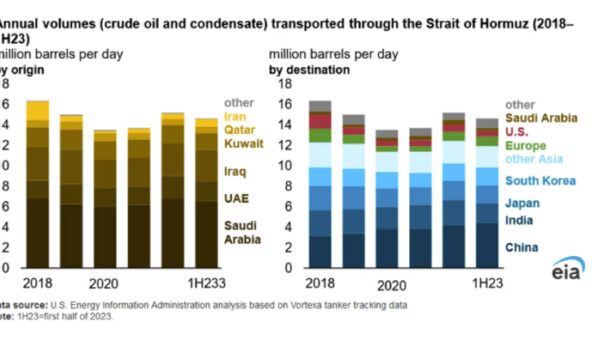
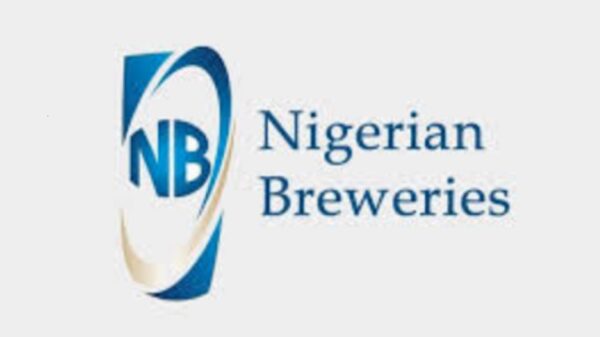





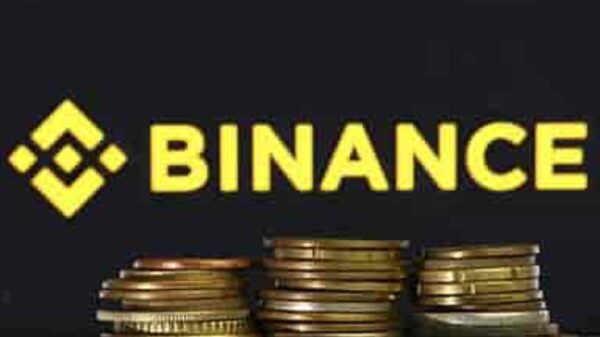































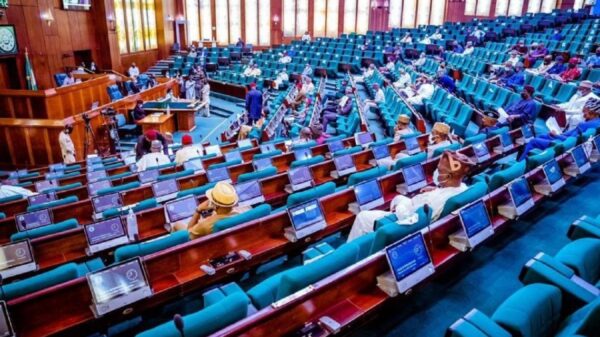
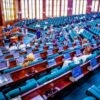

You must be logged in to post a comment Login